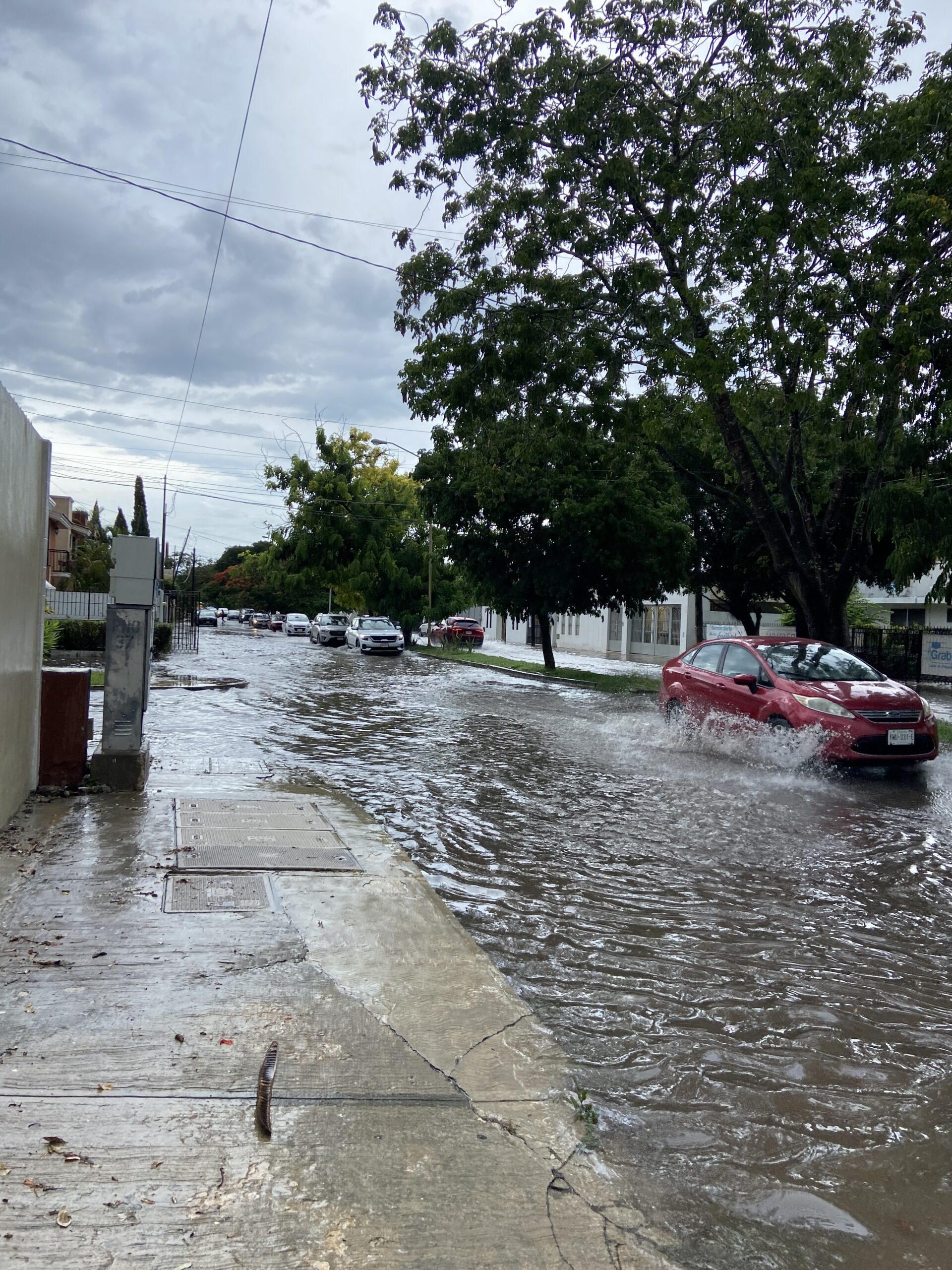
Week 5: Hope for the future of Merida and the world!
This week I learned and reflectioned a lot about the future of our planet in my Contemporary Social Issues of Mexico and Yucatán class. Mexico, the whole world, is suffering through a water crisis. We do not have enough water to sustain life at the rate that we are depleting it. Yucatán is a water jackpot in Mexico, though, because of the large amount of cenotes found in it, pools of fresh water underground. However, there are many things putting that water, and the people who depend on it, at risk. For class, we attended a water festival called “Agua Sagrada” that educated the Universidad Autónoma de Yucatán students and Merida community about the current health situations and disparities occurring in Yucatán that stem from faults in the water supply. We learned about the dangers of pesticides and antibiotics (used by large industrial farms) for the health of people who drink that water. For example, pesticides runoff from farms and contaminate water supplies, like cenotes, which then gets ingested by humans, especially in rural, indigenous towns. These people, and their children, later suffer health issues like neurological disorders and they also don’t always have access to the healthcare they need to battle these health problems. However, this is all further related to faults in our global system, which I mentioned in last week’s vlog. In this case, large international corporations have monopolized the grocery industry, thus excluding local farmers, who do not use harmful chemicals in their crops, from having a fair play in the market. These same small farmers are the ones being largely negatively impacted by the large companies’ use of pesticides (to quickly produce enormous amounts of produce and products that can be sold at a low price).
During my first weeks here, I mentioned in a blog that it had seemed to me as if Merida’s identity involves the mentioning of the indigenous Maya people much more than it actually equally involves them in the Meridian community. I would like to change my statement. I am noticing that in the Universidad Autonoma de Yucatan, there is much discourse in the Anthropology department classes about how we, as the future of tomorrow, can take actions that’ll change the course of the way society is headed. That is, how can we, as tomorrow’s professionals, justly access indigenous people’s needs and inequalities WITHOUT treating them as less, judging them, or bossing them around. Even more importantly, how can we protect indigenous towns’ health so that the next generation grows up with the necessary resources, health, and opportunities to be equally incorporated in these conversations. A Mayan man at the festival on Saturday passionately stated that Indigenous people do not need “saviors” to come and “modernize” their world and way of living. I understood that as Indigenous people do not want “invaders” altering their way of life that has functioned for them for so long. As a child of Indigenous Mexican parents myself, I understand that maintaining one’s prehispanic culture also doesn’t mean living a life without modern changes like the internet, a university education for all (even women!), and biomedical healthcare. However, they should be the ones deciding that, not large corporations that do not necessarily acknowledge that. This week inspired me to do my part both here and in the US, to take care of the planet and local farmers everywhere.
